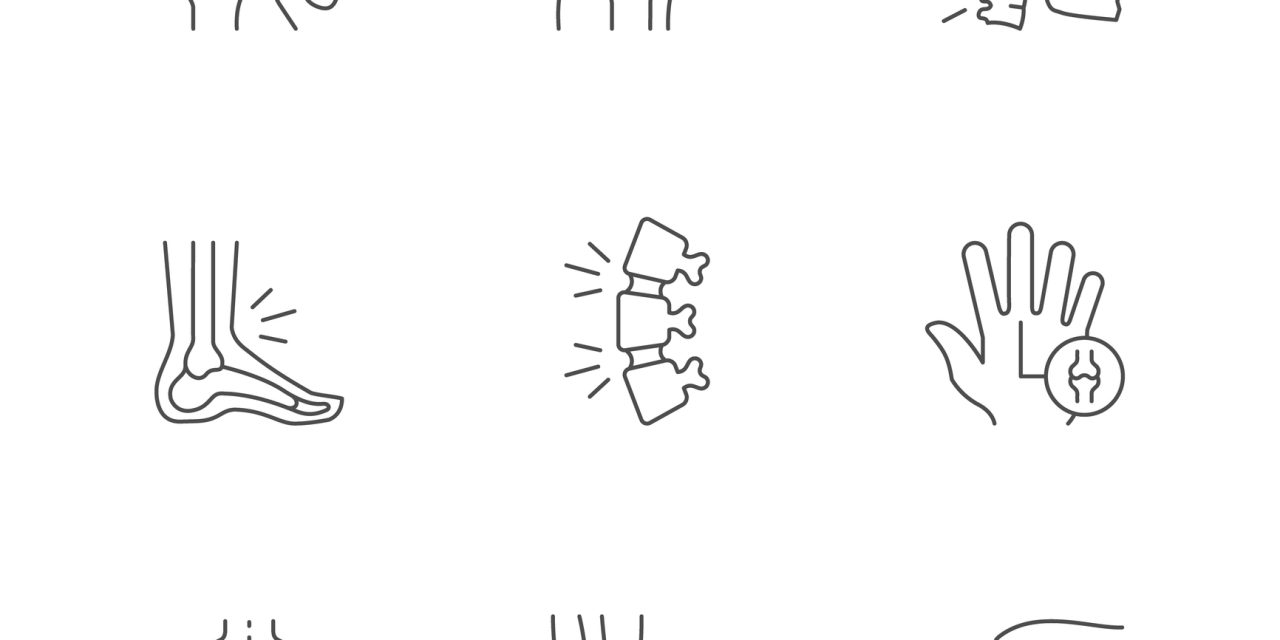Stress urinary incontinence (SUI) and low back pain (LBP) are common postnatal problems. We aimed to compare the effects of stabilization exercises focusing on the pelvic floor on postnatal SUI and LBP.
This two-arm, single-blind, parallel, randomized controlled trial was done on 80 women (mean age: 30.5, range: 20-45 years), with postnatal SUI and LBP. They were randomized into two equal control and intervention groups. The control group received no treatment while the intervention group received home-based stabilization exercises focusing on pelvic floor muscles (PFM) 3 days a week for 12 weeks, three sets a day; each set included three different types of exercise each week. Outcome measures were UI severity, assessed by ICIQ-UI-SF, low back pain functional disability, assessed by the Oswestry Disability Index (ODI), LBP severity, assessed by visual analog scale (VAS), and PFM strength and endurance, assessed by vaginal examination. Transverse abdominis (TrA) muscle strength was assessed by manometric biofeedback. All outcomes were measured directly before and after treatment.
In the intervention group, PFM strength, TrA muscle strength, functional disability and pain severity were significantly improved (P < 0.05). Within-group results showed that all outcomes except pain severity (P = 0.06) had directly improved in the intervention group after treatment (P < 0.05), while in the control group only PFM strength and endurance and UI severity had improved (P < 0.05).
Home-based stabilization exercises focusing on the pelvic floor muscles could be effective for postnatal LBP and SUI.
Iranian Registry of Clinical Trials (Code: IRCT2017050618760N4).
The Effects of home-based stabilization exercises focusing on the pelvic floor on postnatal stress urinary incontinence and low back pain: a randomized controlled trial.


